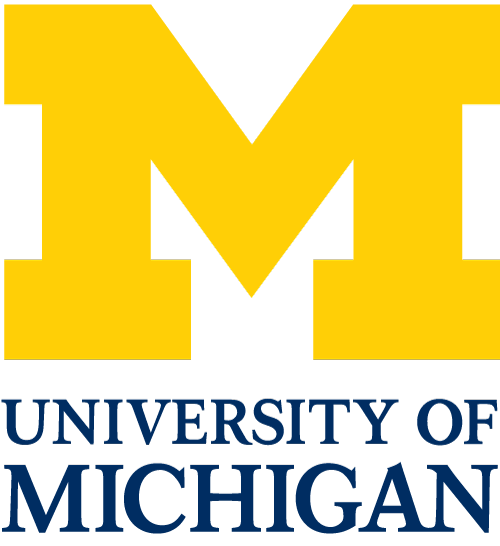
Ameera Kamalrudin doesn’t see Sweetland Center for Writing as simply a place of employment. Instead, she calls it a “space to grow.”
When I sat down with my friend Ameera, a senior studying psychology and linguistics, I was just expecting a general description of what it’s like working as a Peer Writing Consultant. Instead, I left our Covid-19-forced video call with a new appreciation for everything Sweetland does.
Typically included on lists of the best student resources on campus, Sweetland has been doing writing outreach since the late ‘70s, with the peer tutoring program beginning in 1986. Today’s student mentors are typically nominated by a professor, and they then take Writing 300; a class meant to teach them the theories of writing consultation, the history of Sweetland, and what is expected of them as consultants. Peer consultants are only allowed to begin working once this class, which also fulfills LSA’s upper-level writing requirement, is completed. As they begin, they also take a one-credit practicum for some extra practice.
I asked Ameera what it’s like helping with writing as a fellow student, rather than any sort of professor or professional writer. She told me that the classes they take before starting emphasize that it’s not about having the “upper hand” when it comes to writing or knowing how to complete a specific assignment, but rather offering “peer-based guidance.” She said she’s not there to proofread or “correct” in the traditional sense, but rather help with the flow and show writers how to catch edits on their own. She told me that it can be hard to find ways to help when the writing seems really good, but “no paper is ever perfect,” and a lot of feedback can simply come from asking the writer if they’re completely satisfied.
Along with learning how to guide other students in making their writing stronger, Ameera says these classes helped boost her self-esteem when it comes to writing. As a non-native English speaker, Ameera said she was nervous when starting out, but she’s since learned that sometimes “writing is less about language” and more about knowing the structure that make a paper good. She’s said she’s also learned to focus on her own strengths when it comes to writing, which, in Ameera’s case, means making sure every paper includes strong transitions.
I then asked how this coronavirus thing is affecting Sweetland. A pained “Oh my gosh” came from the audio of our BlueJeans meeting. However, it seemed like things are going fairly well for Sweetland—all things considered. While they’ve been using a video call format with the Online Writing Lab (OWL) for years, they’ve also recently set up an asynchronous program called eTutoring. Ameera also had nothing but good things to say regarding the way management is handling the situation. Saying she has the “best boss anyone could ask for,” she talked about how they’re having regular staff meetings and how everyone’s voice is being heard.
Ameera had a lot of great things to say about the three semesters she’s spent at Sweetland. She talked a lot about the sense of community she feels there, saying it feels “really good to be part of a team working at one of the most important resources” on campus. She gets a lot of satisfaction from working there, noting especially her place as an international student. Ameera is from Malaysia, and she’s found that casually mentioning this fact opens a lot of doors when it comes to working with other students who aren’t native English speakers. She knows that her place at Sweetland has importance, and she hopes to encourage other international students to feel comfortable asking for help.
I learned a lot about Sweetland from my conversation with Ameera. Did you know you can take assignment prompts to Sweetland to work through ideas before you even have anything written? Or that they use their pre-existing framework and system of support to regularly team-up for events with other student organizations? Most importantly, though, I’ve realized just what a valuable resource Sweetland is here on campus, both for students and the peer mentors who help make the community as supportive as it is today.

